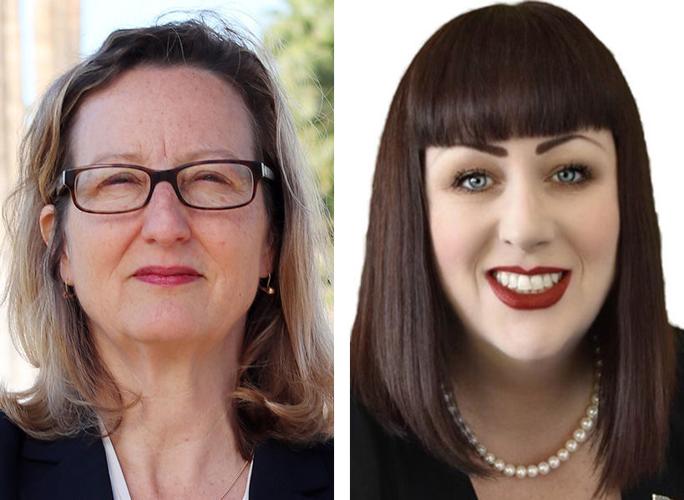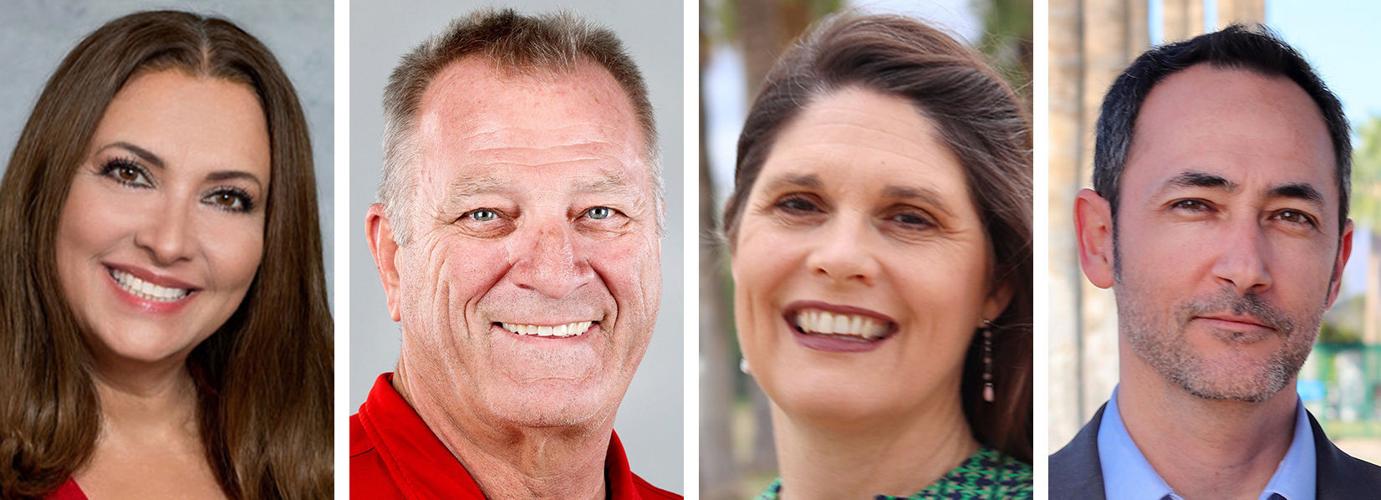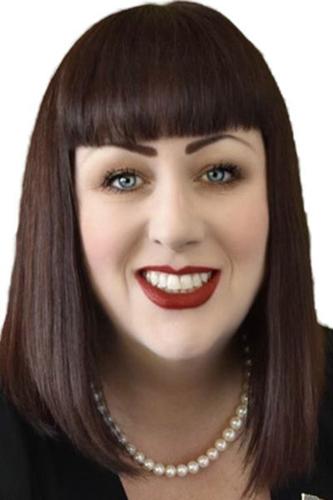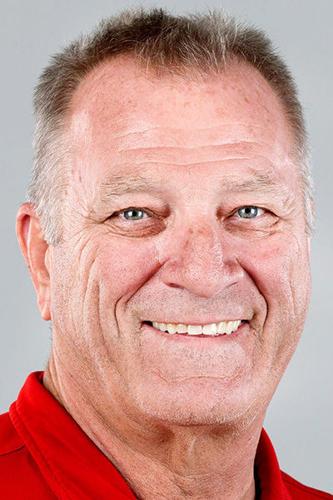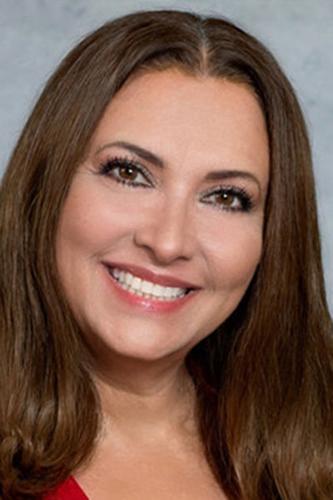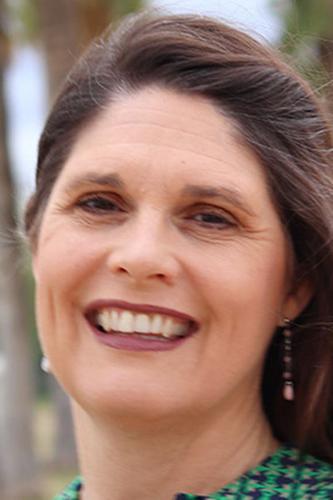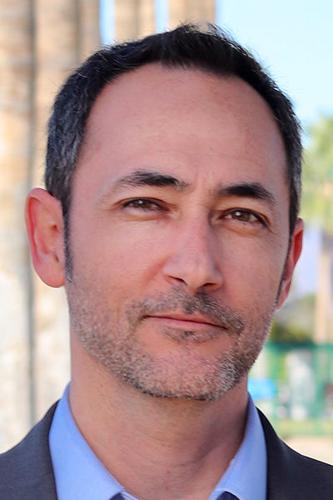The pandemic and the resulting economic pain are top issues for candidates seeking seats in the state Legislative District 10.
In the Nov. 3 general election, voters in LD10 will choose two candidates as state representatives and one candidate for state senator to tackle those issues on their behalf.
LD10 is home to about 53,000 registered Democrats, 40,000 Republicans, and 37,000 independents, according to the Arizona secretary of state. The district includes midtown Tucson east of Campbell Avenue between Speedway and 22nd Street, the east side, Foothills area east of Bear Creek, Davis-Monthan neighborhoods, and Civano.
For the Senate seat in LD10, Democrat Kirsten Engel and Republican Justine Wadsack are competing to replace Sen. David Bradley, a Democrat who has held the seat since 2013. Bradley is retiring this year.
Wadsack ran unopposed in the primary elections in August, while Engel faced a write-in candidate.
Engel received about 32,600 votes in the Democratic primary and Wadsack received about 19,900 votes in the Republican primary. Engel raised nearly $66,000 for her campaign and Wadsack raised about $21,400, mostly from the Citizens Clean Elections Commission, according to the most recent campaign finance reports.
The Arizona Daily Star sent questionnaires to candidates asking them about their top priorities and policy proposals.
Pandemic relief is the top priority for Engel, a Tucson resident and professor of law at the University of Arizona who has been the district’s state representative since 2017.
“Currently Arizona faces record levels of unemployment and yet many have yet to receive the unemployment check or the rental relief for which they’ve applied,” Engel said.
“Many small businesses are closing, eroding the economic foundation of our community and its social fabric,” Engel said.
“Schools struggle to safeguard students and staff and provide quality education.”
“In the near-term, my highest priority is to bring state funding and policy changes needed to help our schools, colleges, universities, local governments, elections and businesses weather the profound dislocation wrought by the pandemic,” Engel said.
“This will require funding and policy changes to enable our schools to adapt to online learning, increase our second-lowest-in-the-nation unemployment benefits, create more affordable housing, simplify eligibility for rental, mortgage and small business assistance, and expand a public option to ensure those who lose their jobs will not also lose their health insurance,” Engel said.
“These reforms are not only necessary in the short-term, they are key to fulfilling my longer-term priorities of fully funding education, protecting the environment and reforming our criminal justice system,” Engel said.
Engel said voters should choose her because “I care about the people in my district and our community and I am willing to work hard for them.”
She said she has the support of Bradley, who is vacating the district’s Senate seat “after a distinguished career fighting for education and children’s welfare.”
Her four years as a state representative “have equipped me to use my skills as an environmental attorney, educator, and legislator to build bipartisan coalitions on tough issues like water security and criminal justice reform,” she said.
Wadsack did not respond to the Star’s questionnaire.

Candidates for the Arizona House in District 10, from left, Republicans Mabelle Gummere and Michael Hicks, and Democrats Stephanie Stahl Hamilton and Domingo DeGrazia. The Democrats have outraised the Republicans.
LD10 representatives
The pandemic and economic troubles also were at the top of the list of priorities among candidates for the district’s two seats in the Arizona House of Representatives.
Democrat Domingo DeGrazia has held one of the seats since 2019. Engel holds the district’s other seat, but she is running for the district’s Senate seat.
In the Democratic primary, DeGrazia received about 22,400 votes and challenger Stephanie Stahl Hamilton received about 19,800 votes. In the Republican primary, Michael Hicks received about 18,000 votes and Mabelle Gummere received about 13,100 votes.
The Democratic candidates have raised far more money than their Republican counterparts. Hamilton raised about $60,000 and DeGrazia raised about $45,200. By comparison, Gummere raised about $3,300 and Hicks raised about $700.
Gummere, a retired business owner and Tucson resident who studied at the Fashion Institute of Design and Merchandising.
Her top priority would be “economic recovery, growth, and development,” she said. “Without this, we cannot thrive.”
“I would call for the opening of the entire Arizona economy, and thoroughly examine the statute giving the governor extended authority in times of emergency,” Gummere said.
Gummere said voters should choose her because she has the “business background and understanding to make things happen. I signed the fronts of paychecks, not the backs.”
“I have owned multiple successful businesses, worked in import and export, real estate, and design and marketing. I have a history of creating jobs,” Gummere said.
Hicks is a Tucson resident who was a member of the Tucson Unified School District Governing Board from 2010 to 2018. He worked for 24 years at the Tucson Department of Transportation and has taught at Pima Community College for more than 30 years.
Hicks said his top priority is “health and oral care and cost.” In his brief response to the Star’s questionnaire, he said would try to provide more funding for state health services and school counselors.
“I’m a hard worker with a history of being transparent. I am a candidate with a proven record,” Hicks said.
DeGrazia, an attorney from Tucson who also has a master’s degree in aeronautical science and is a certified information privacy professional, said his top priority is pandemic relief.
“Between the failure of our state and federal governments to handle this crisis to the many preexisting failures in our policies and social support systems, we have a lot of work to do to help Arizonans and the Arizona economy recover from this pandemic,” DeGrazia said.
He said reforming the criminal justice system would free up funds that currently go to the Department of Corrections. He called for investing in public schools to make sure they can “offer meaningful and engaging online/distance learning” and adapt to the “constraints a post-pandemic world must operate under.”
“We need to make sure every Arizonan has access to affordable health care that isn’t tied to a job so that we’re ready for the next time we face a public health crisis that causes massive unemployment,” DeGrazia said.
He said he is committed to upholding “our constitutional right to privacy in the digital age,” which is particularly important as much of the U.S. economy is being conducted virtually during the pandemic. He called for “robust protections for our personal data to ensure no bad actors can take advantage of this increase in remote employment and digital engagement.”
DeGrazia says voters should choose him because he was born and raised in the district and has represented the district well since he was elected in 2018.
For Hamilton, her top priority is to “make sure that we are investing our state’s resources for a more sustainable future.”
She said most Arizona children do not have a fully-funded education or access to quality, affordable health care, which was highlighted by the pandemic. The legislature’s “first concern” should be addressing those issues, she said. Children and lower-income communities are the hardest hit by the pandemic and “we need to support them.”
Hamilton is a Tucson resident who works as a homemaker. She has a master’s of divinity from Princeton Theological Seminary. She served on the Pima County Interfaith executive and education teams to advocate for better policies at the Legislature.
She collected signatures for the Save Our Schools campaign and was a founder of the Tucson Unified Parent Advocacy Council. She was appointed to the Tucson Unified School District Family Life Curriculum Committee, which she said “provided a medically accurate, comprehensive and inclusive sexual education curriculum.”
Hamilton says voters should choose her because her “lived experience sets me apart from my competitors.”
She is married to a public middle school teacher and is the mother of three children.
“It has been a challenge to provide for our family,” she said. “My children have never experienced a fully funded education, and we have struggled the better part of 17 years to provide health care for them.”
“I have felt the effects of poor policy crafted by our state’s Legislature, and that is what jump-started my civic involvement,” Hamilton said.


